Below the waves, marine ecosystems host a spectacular diversity of organisms whose priorities sometimes converge, and sometimes compete. In many ways, the interests and priorities of people who use the sea aren’t much different – as SEAwise’s recent scoping workshops illuminated…
SEAwise’s scoping workshops are a fundamental step in steering the course of our work to deliver a new tool for Ecosystem Based Fisheries Management (EBFM). Hosted in the first half of 2022, the first round of stakeholder workshops sought to:
The workshops were held in the four case study regions that SEAwise is focusing on: the Ionian and Southern Adriatic Seas in the Mediterranean, the Western Waters, the North Sea, and the Baltic Sea. We invited a range of stakeholders to take part via Advisory Councils operating in the regions, as well as the networks of SEAwise leads, resulting in a mix of representatives from the fishing industry, NGOs, and other sectors invested in the sustainable management of European fisheries.
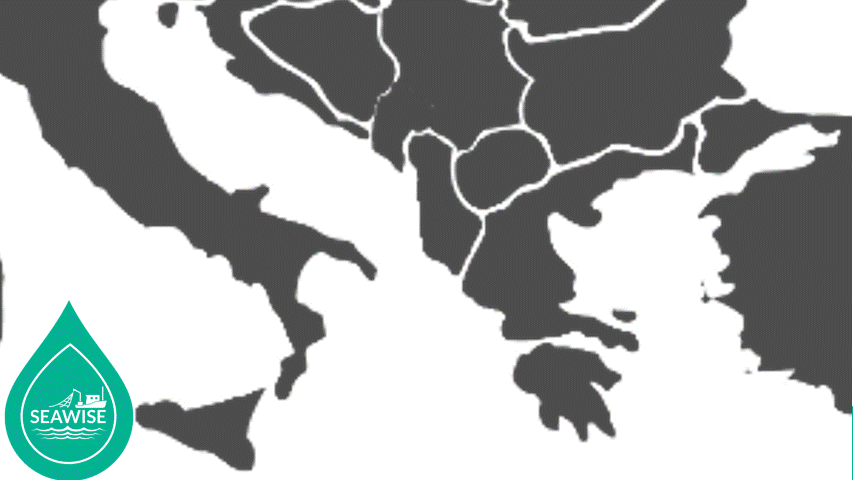
Before the workshops themselves, we invited attendees to each complete a solo scoping exercise. In doing so they generated “wishlists” of the issues they personally considered to be of the highest importance, based on the needs of the sector and/or community they identified themselves as belonging to – on the left you can see part of the tool used in the solo exercise.
These wishlists shone a light on convergences and divergences in the top priorities between stakeholders and SEAwise leads. For example, in their top 10 ecological priorities, SEAwise leads included biodiversity and benthic habitats (better known as the seafloor). Stakeholders did not. However, climate change was crucial to both groups. In terms of social priorities, stakeholders considered employment/jobs and local communities to be the most important, whereas for SEAwise leads, MPAs and windfarms ranked higher.
At the workshops themselves, people built upon their initial solo scoping and named the ecological and social items that they felt they would most benefit from advice on. These included items such as species migrations, business resilience, and pollution. As each answer was given, the terms were displayed on a screen for all attendees to see and discuss. This helped to highlight which terms were understood differently among participants, and establish where different terms were being used for the same concept – a crucial first step towards identifying precisely what issues need to be taken into account in EBFM, and how to ensure common understanding among diverse groups of people. For example, pollution, eutrophication, and nutrients could all mean the same thing, in the context of coastal fish nurseries, meaning it was important to dive into the nuances that the terms held for attendees.
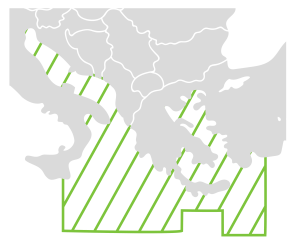
Ecological: SEAwise leads focused on biodiversity and benthic habitats, while stakeholders prioritised commercial stocks and pollution.
Fisheries & social: SEAwise leads prioritised MPAs and fisheries management. Both groups were concerned with local communities, stakeholders more so.
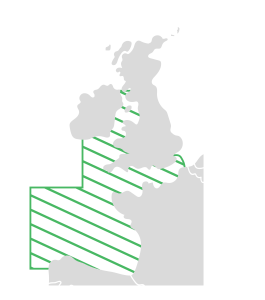
Ecological: SEAwise leads and stakeholders agreed on the crucial importance of climate change, and SEAwise leads prioritised benthic habitats.
Fisheries & social: Windfarms and employment were important to all. Stakeholders also raised pollution of coastal nurseries and the importance of fishing for coastal communities in terms of local economies, well-being, cultural heritage, and food security.
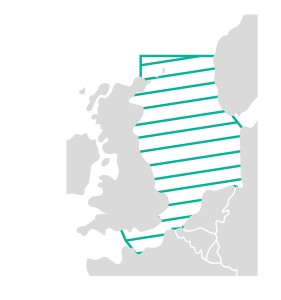
Ecological: SEAwise leads and stakeholders agreed on the crucial importance of climate change, while stakeholders prioritised commercial species more than SEAwise leads did.
Fisheries & social: SEAwise leads and stakeholders agreed on the high importance of windfarms, MPAs, and employment. Stakeholders also prioritised food supply.
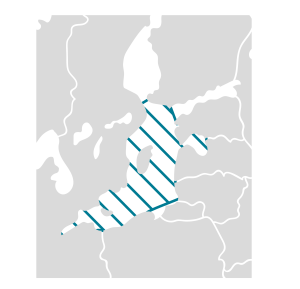
Ecological: The focus of SEAwise leads on fish stocks converged to a degree with stakeholders’ focus on cod. The groups otherwise had different priorities.
Fisheries & social: SEAwise leads prioritised tourism, showing overlap with stakeholders who prioritised recreation. Stakeholders also prioritised food production.
An incredible 2,752 issues were identified in total. But despite the diversity of regions and stakeholders, five emerged as most crucial:
It’s clear that overall, SEAwise stakeholders prioritised ecological and social items that strongly affected the welfare of coastal communities and the wider social functions of fisheries. The prioritisation of social benefits derived from fisheries revealed in the workshops will be reflected in the development of SEAwise’s EBFM tool, with the understanding that they will likely play a central role in European fisheries management in the future.
Another of SEAwise’s core aims is to identify the research gaps that remain when it comes to the issues that matter most to the management of marine ecosystems. In the workshops, stakeholders identified two issues which have not been extensively researched to date: pollution affecting species which have coastal nurseries, and the importance of fishing for coastal communities, including local economies, well-being, cultural heritage, and food security. The next steps for the SEAwise team will be to establish which of these gaps we can address through collaborative research. For those that can’t, we are already designing the EBFM tool precisely to take into account such uncertainties, and to be adaptive over time as new knowledge emerges.
Over the rest of this year, SEAwise will continue to work with stakeholders to establish priorities for EBFM, and common understandings of issues, sharing the results of our work as they emerge. If you’re keen to get involved in future SEAwise workshops and other activities, or to simply stay informed about our work and our insights along the way, you can sign up to our newsletter via the SEAwise Network.
Stay up to date with SEAwise news and research, hear about upcoming events, and receive updates on fisheries news from across the European seascape.